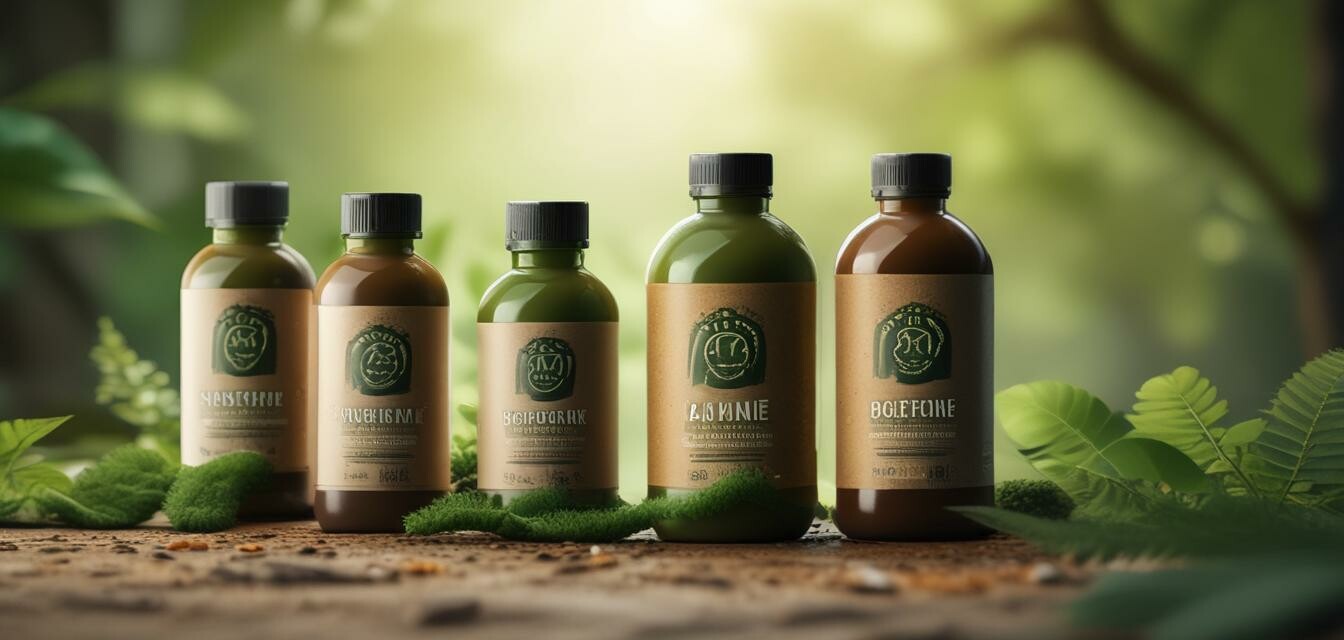
Eco-Friendly Manufacturing Processes
As consumers become more environmentally conscious, the demand for eco-friendly products has increased. The supplement industry is no exception. In this article, we'll delve into the world of eco-friendly manufacturing processes and their impact on supplement quality.
Key Takeaways
- Eco-friendly manufacturing processes prioritize sustainability and minimize environmental impact.
- These processes can improve supplement quality by reducing contamination risks and ensuring consistent production.
- Look for certifications like ISO 14001 and GMP to ensure the manufacturer follows eco-friendly practices.
What are Eco-Friendly Manufacturing Processes?
Eco-friendly manufacturing processes are designed to minimize the environmental impact of supplement production. These processes prioritize sustainability, reduce waste, and conserve natural resources.
| Traditional Manufacturing | Eco-Friendly Manufacturing |
|---|---|
| High energy consumption | Renewable energy sources (e.g., solar, wind) |
| Chemical waste and pollution | Minimal waste, recycling, and proper disposal |
| Resource-intensive | Sustainable sourcing and reduced resource consumption |
The Impact on Supplement Quality
Eco-friendly manufacturing processes can have a positive impact on supplement quality. By reducing the risk of contamination and ensuring consistent production, these processes can lead to:
- Improved product purity
- Enhanced product stability
- Better batch-to-batch consistency

Certifications and Standards
To ensure a manufacturer follows eco-friendly practices, look for certifications like:
- ISO 14001 (Environmental Management System)
- GMP (Good Manufacturing Practice)
- Organic and non-GMO certifications
These certifications demonstrate a manufacturer's commitment to sustainability and quality.
Benefits for Consumers
By choosing supplements from eco-friendly manufacturers, consumers can:
- Support sustainable practices
- Enjoy high-quality supplements
- Contribute to a healthier environment

Conclusion
Eco-friendly manufacturing processes are essential for creating high-quality supplements while minimizing environmental impact. By understanding these processes and looking for certifications, consumers can make informed choices that support their health and the planet.
Benefits of Eco-Friendly Manufacturing
- Improved supplement quality
- Reduced environmental impact
- Supports sustainable practices
Challenges of Eco-Friendly Manufacturing
- Higher production costs
- Limited availability of eco-friendly materials
- Requires significant changes to traditional manufacturing processes
Explore our selection of herbal supplements, multivitamins, and probiotics from eco-friendly manufacturers.









